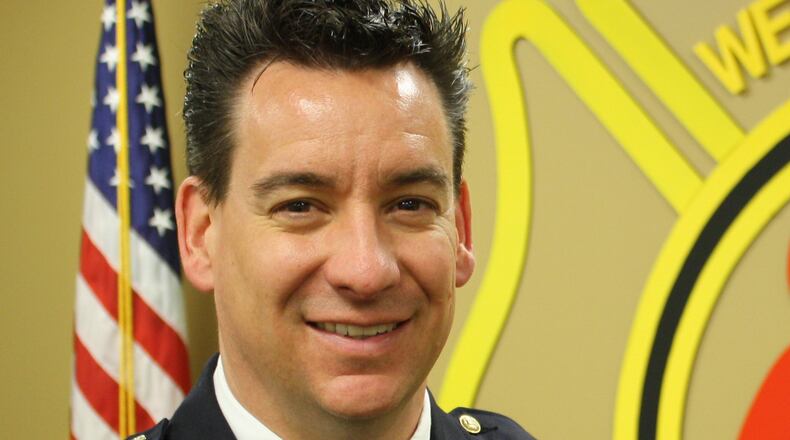The township's firefighters and medics agreed they would not take any pay increases from 2015 through 2017, in exchange for a reduced work week.
Board President Mark Welch questioned a budgeted increase in the fire department’s overtime for this year.
“You’re budgeting 11 percent in overtime,” Welch said. “Do we have a strategy in place where we could look ahead and start getting that down?”
Prinz said the department’s 2016 overtime was an anomaly because some staffers were out for months at a time due to injuries, requiring overtime by others.
“We identified that through a more robust, enhanced physical fitness program to strengthen our cores and give us the strength to be able to perform our duties without injuring ourselves,” Prinz said. “We enacted a stretching and warming up period before we do extensive, rigorous, strenuous trainings, so we stretch and we warm up and get our muscles ready to do those types of activities, before we do them so we can reduce those types of injuries.”
The $300,000 penciled into the budget for six "power cots" should also help with injuries, according to Prinz. The specialized equipment is for lifting and treating bariatric patients and limits the strain on firefighters and paramedics.
The 2017 operating budget proposal represents an increase over the 2016 spending plan that was set at at $43 million, however actual expenditures only reached $37 million last year, which was 13.4 percent less than budget.
“It’s important to note that the 2017 operational budget does not represent approval of any specific expenditure or any proposed project,” Township Administrator Judi Boyko said. “Rather it provides collectively staffs’ priorities.”
The general fund, which pays for most day-to-day expenses — except police and fire which are funded through levies — was budgeted at $7.2 million and a $10 million carryover from last year is planned. The township plans to continue a practice started in 2009 that sends $1.5 million from the general fund over for road work.
Boyko said catering to millennials — there are more than 90 million in the United States — by providing services they want is also crucial in developing goals for West Chester’s future.
"In 2017 staff believe it is essential that the board of trustees consider quality of life, infrastructure and amenities investment, looking at those values and attributes that ranked us as one of America's best places to live," she said. "We would like for the board to take some insight and some consideration into those amenities. We think this is important now in 2017 and beyond because especially at this time when trends and consumer choices and preferences look for a more urban environment."
In keeping with the stated goals, the township has a five-year capital improvement project list and the total plan for this year is $33.6 million, most of the money for the projects — $27.2 million — comes from Tax Increment Financing money.
About the Author
